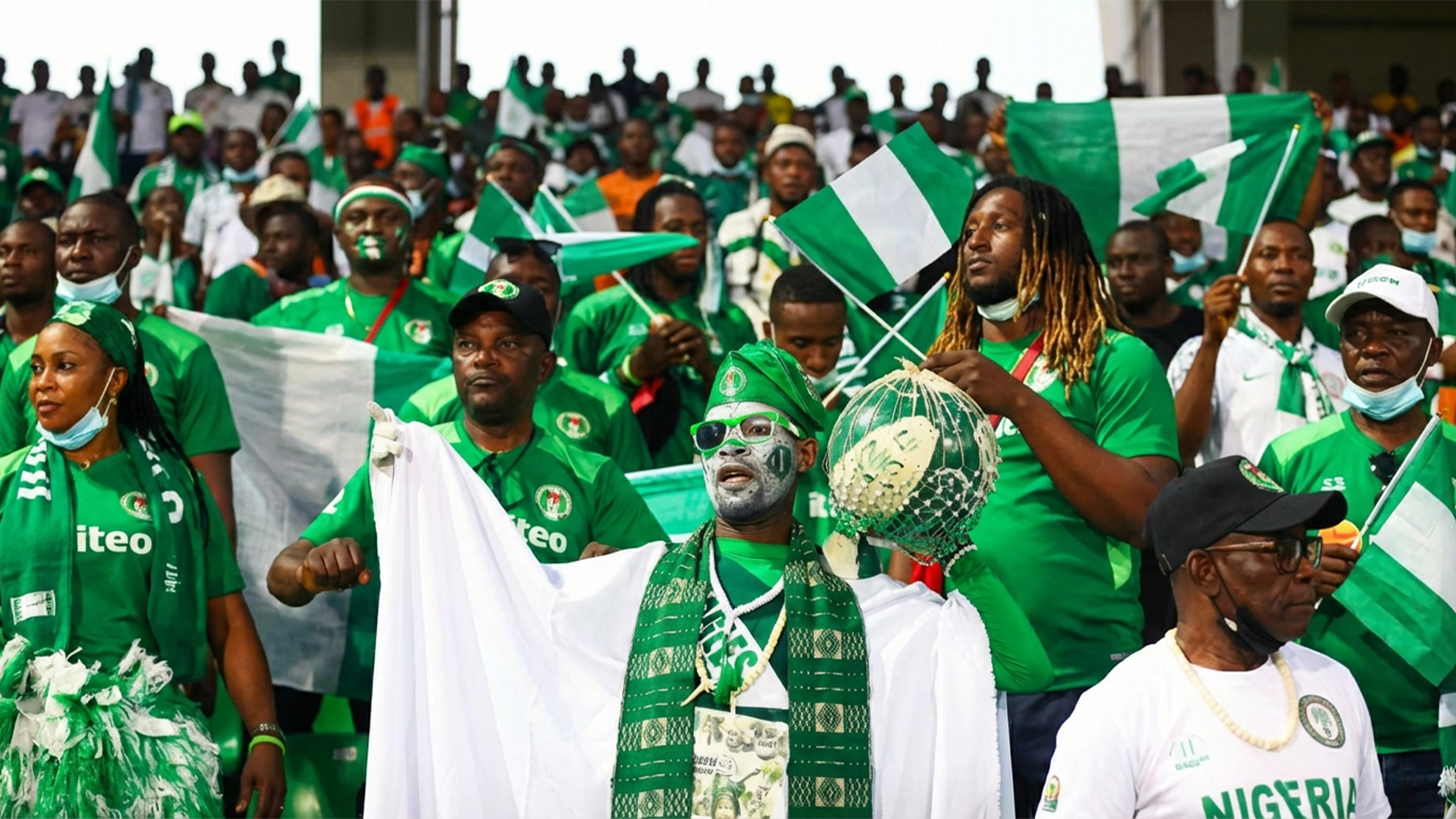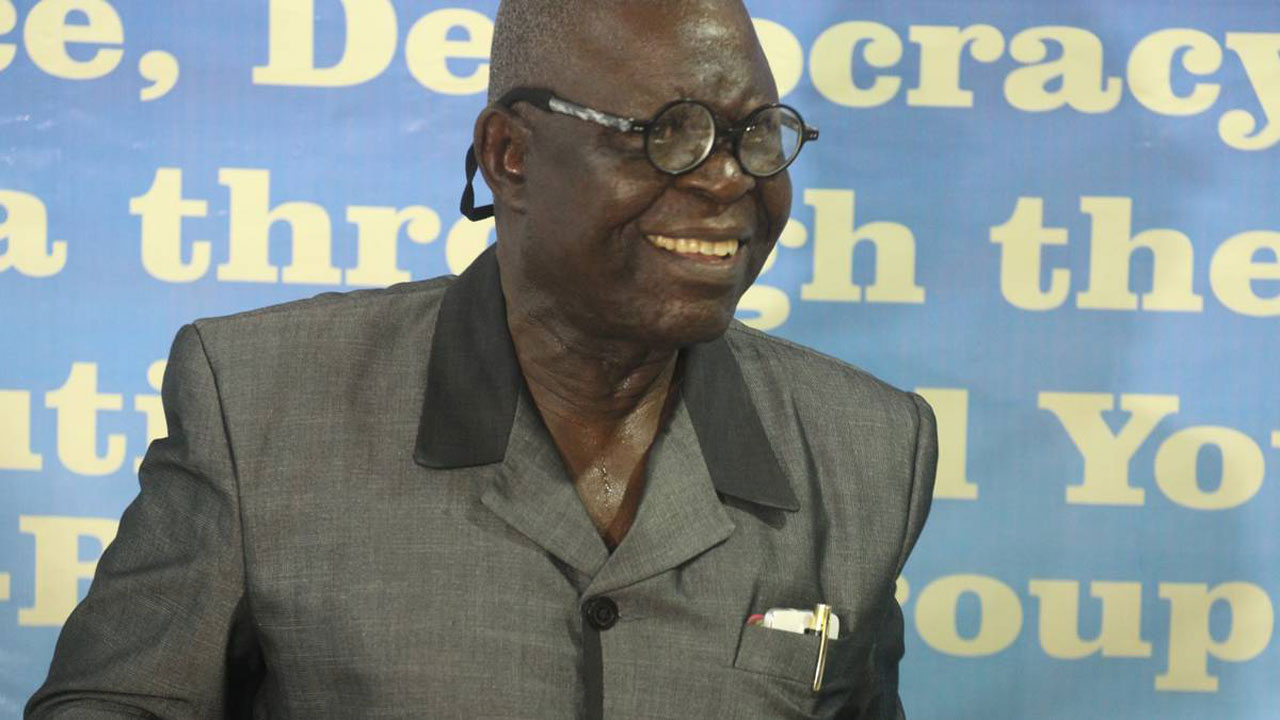
Election in Nigeria is better understood when one is defeated than when the electoral umpire, the Independent National Electoral Commission (INEC) presents a certificate of return for being victorious. Apart from the air of uncertainty about what the future holds for election losers, there is plenty of substance in an election in which defeat might be a blessing in disguise. However, it is hard to overstate the undue radicalism or the ‘do or die’ nature of politicians during elections. All these are done for the sake of sheer breath of ambition to occupy a political office. In recent history of elections Nigerians have seen nothing like what transpired in Bayelsa and Kogi gubernatorial elections. The closest however, in comparison was the 2015 general elections, which provided the opportunity for the ruling APC when former President Goodluck Jonathan the ever calm gentleman, who brought a great deal of candour and humility to bear on the business of politics, saw the need to leave the stage without rancour or bitterness. Of course, Nigerians now know better as many have found out that a barrage of distortion, dissembling and disinformation were usually sold to the people during election campaigns.
For those who thought former president Jonathan ‘chickened’ out too early without using government ‘magic’ the court to cancel the election and call for a re-run, being the common phenomenon associated with African leaders, here is the striking cord: not only are many Nigerians feeling guilty for voting Jonathan out of office, the ruling party and indeed the world were mesmerised for his acceptance of defeat and peaceful handover of power. Since then, Jonathan has become the epitome of democracy in Africa and he is being celebrated on both national and international stages. His adversaries have been neck deep in deception, political witch hunt and are repeatedly being criticised for relatively emitting poor leadership on Nigerians irrespective of the targets they set for themselves during election campaign.
Recently, while speaking at the convocation ceremony at Godfrey Okoye University in Enugu, Jonathan maintained that “…The academia plays a pivotal role in nation building and good governance…being a critical segment of the society. The academia is a community of persons within the education sector who are engaged in intellectual tasks such as research, teaching and other relevant activities that advance the course of human knowledge and development…” However, he lamented that it is a bad precedent and sad note that some Ivory tower lecturers indulge in rigging elections for politicians. His words, “…It is dangerous for members of the academia to get involved in election malpractices because of its wider implications for the future of the country. Once the youth corps members observe these lecturers and professors who they hold in high esteem attempt to change or falsify elections results, they might begin to see such criminality as the new norm in our country.” It is therefore, disheartening to note that elections in Nigeria are still largely been conducted on the premise of rigging and violence. The big question therefore, is why do politicians in this part of the globe deeply engage in election violence and rigging?
Despite the fact that, during election Nigerians are made to look like priests as they hear a lot of confession and promises of good governance from politicians. But, no sooner they clinch power the promises are gone with the wind. One of those reckless and fraudulent promises is the corruption fight. No doubt, President Muhammadu Buhari’s most important quality and pedigree is his ability to keep a clean record and be free from personal impunities up till moment. A skill which no one in his party or cabinet can claim to have because their fingers are already soiled, hence Buhari government seems to encounter difficulty in taking a radical position on corruption fight especially with statements such as the one credited to the ruling party’s chairman, Adams Oshiomole who said that once a sinner, nay corrupt politician joins the APC their sins are forgiven. While President Buhari on several platforms had shared his frustrations on fighting corruption thus: when I was a military man, I arrested all the thieves and put them in protective custody. I asked them to go and prove their innocence. Now, I have been told that even though I can see the thieves, I cannot arrest them. I must take them to court and prove that they are guilty. What these ugly scenarios imply is that there is no sincere or grassroots political party that puts the country first before any other agenda. Therefore, the outcome of such selfishness has succeeded in dividing Nigerians along ethnic, political and religious lines, such that anyone caught in the wed of the corruption fight will be termed a victim of either or all of the above. Due to all these shenanigans the ruling party is now experiencing system failure as its willingness and ability to fulfill what it promised is not only dwindling but blamed on the biblical phrase…the soul is willing but the body (economy) is weak.
Again, it is important to note that one of the hindrances to the nation’s development is the need to maintain consistency in whatever we do as a people or government. Over the years, government past or present is quick to point accusing fingers to enable an excuse in taking several steps backwards instead of moving forward with a giant stride irrespective of the odds and conquer by way of improving on the process. The other day, while absolving itself from blame over the deplorable conduct of the Bayelsa and Kogi elections, INEC shifted the blames on the judiciary and politicians for the nation’s electoral woes. In his defense, the INEC national commissioner, Festus Okoye argued that the smart card reader whose introduction into the electoral system in 2015 and seen by Nigerians as game changer has lost its efficacy and vibrancy. According to him “We must find solution to the issue of smart card reader. The smart card reader has lost its efficacy…lost its vibrancy in relation to the electoral processes, because the political elite has found a way around it…ultimately, they know that when they get to the court, what the court will be saying…you want to prove over voting? We want to see the voter register and we want the INEC forms and not the smart card reader.” How does this make the smart card reader irrelevant? The government and indeed INEC should be keen enough to show that positive progress is being made or seen to be made as regards the nation’s electoral system to be as transparent as possible. This will immensely help to make elections free, fair and credible as well as reduce contentious issues that occur each time elections are conducted.






